Google Ads Introduces "Smart Bidding Exploration" for Faster Automated-Bidding Tests
Google Ads has begun rolling out a new workflow called Smart Bidding Exploration, designed to help advertisers evaluate automated bidding strategies with minimal disruption to existing campaigns.
What Is Smart Bidding Exploration?
The feature streamlines the process of testing automated bidding by creating a controlled experiment that mirrors an advertiser’s current settings. Google’s algorithms then apply the chosen Smart Bidding strategy only to the experiment, allowing marketers to compare performance side-by-side without risking budget or campaign structure.
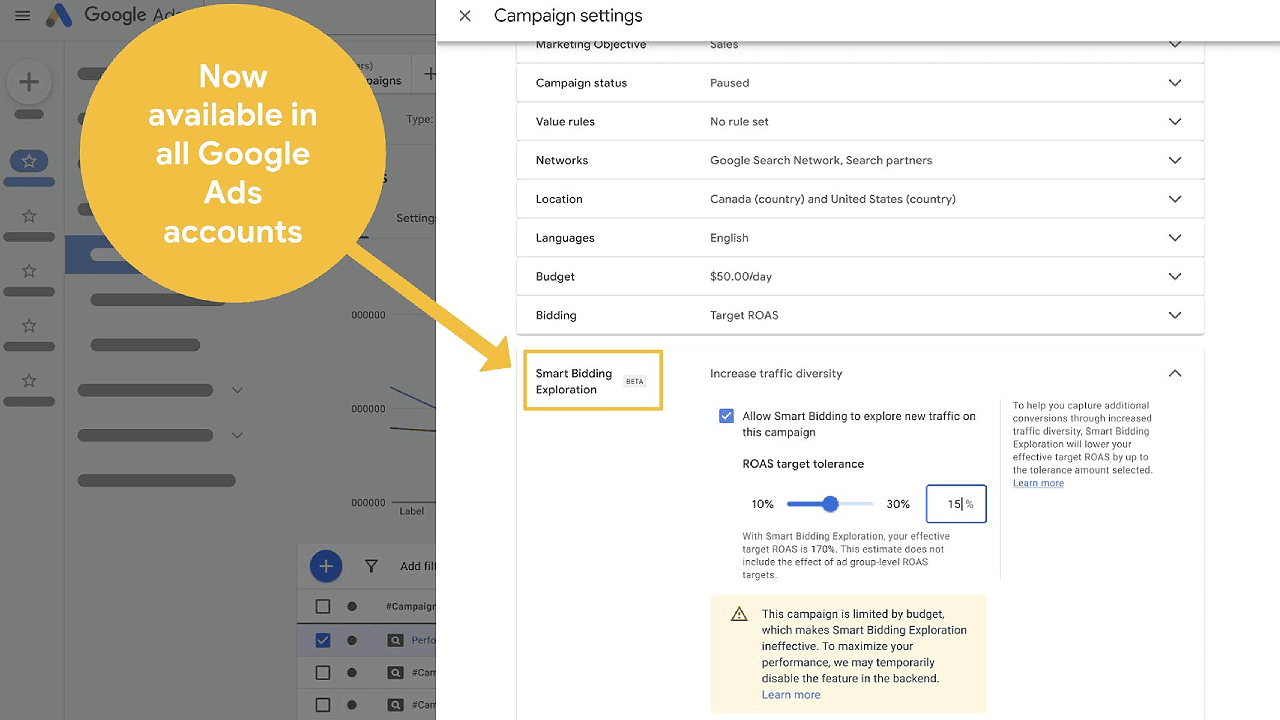
Why It Matters
- Speed to insight: Advertisers can validate automated bidding tactics in days rather than weeks.
- Reduced risk: The experiment isolates changes, so underperformance will not impact the primary campaign.
- Data transparency: Side-by-side metrics make it easier to justify automation to stakeholders who are skeptical of machine-learning black boxes.
How It Works
- Select an existing campaign and choose "Create Smart Bidding Exploration."
- Pick the automated bidding strategy you want to test (e.g., Target ROAS, Maximize Conversions).
- Set experiment duration and traffic split.
- Review comparative results inside the Experiments tab.
According to Maximilian vom Eyser, Senior Digital Growth Strategist at Google, the feature is now live for a subset of accounts and will expand globally over the coming weeks.
Early Reactions
“Exploration removes much of the guesswork from adopting Smart Bidding. It lets us quantify uplift without rewriting the entire account,” a large e-commerce advertiser told Search Engine Land.
Agency practitioners echo the sentiment, noting that the controlled setup could help overcome client resistance to automated bidding.
Next Steps for Advertisers
Marketers interested in the feature should:
- Check the Experiments tab for the new "Smart Bidding Exploration" option.
- Start with high-conversion campaigns to ensure statistically significant data.
- Define clear success metrics—ROAS, CPA, or conversion volume—before launching the experiment.
- Document findings to inform broader automation strategies.
Disclosure
Search Engine Land is owned by Semrush. The author of this piece, Anu Adegbola, is an independent paid media consultant; more about her experience can be found on LinkedIn.

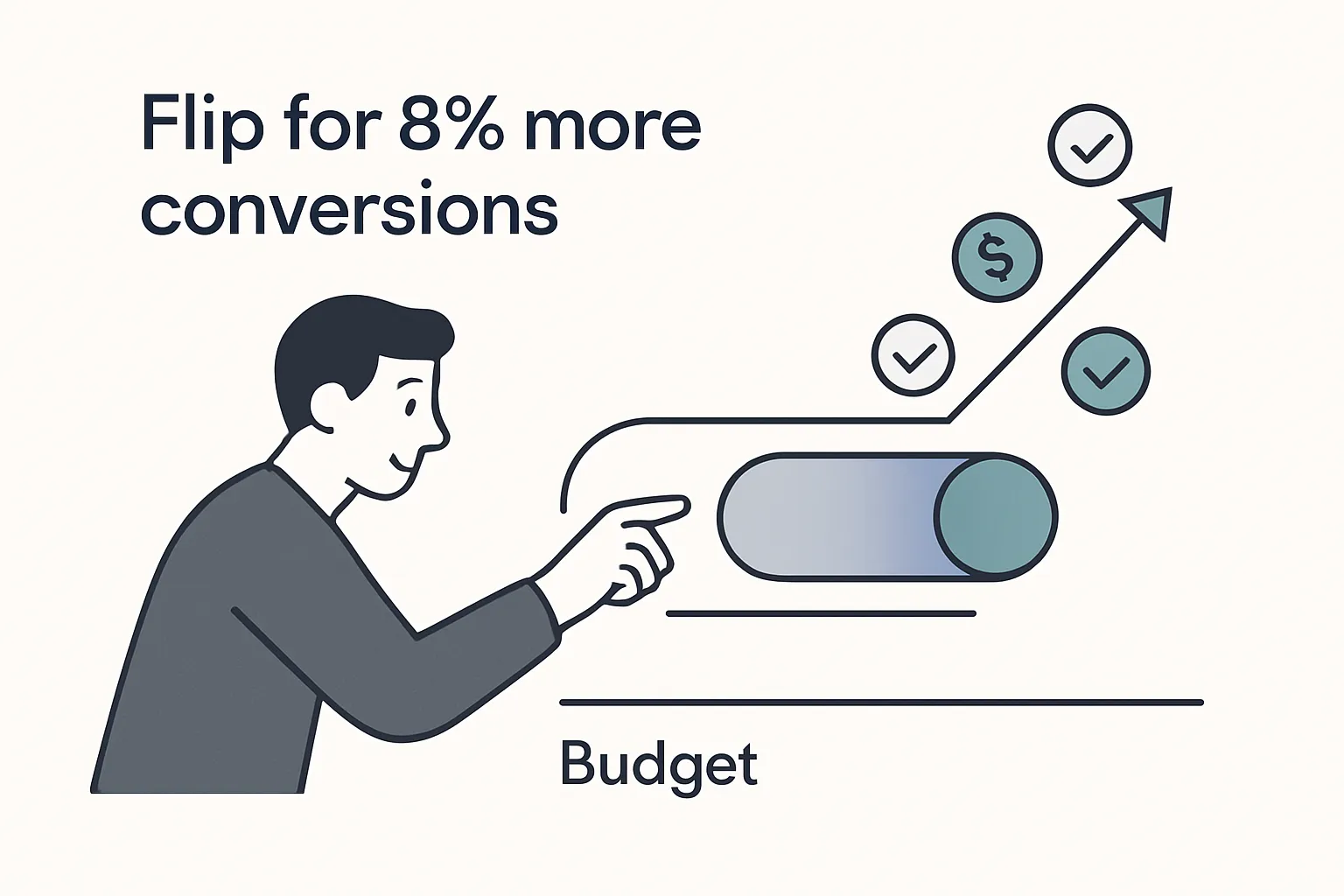

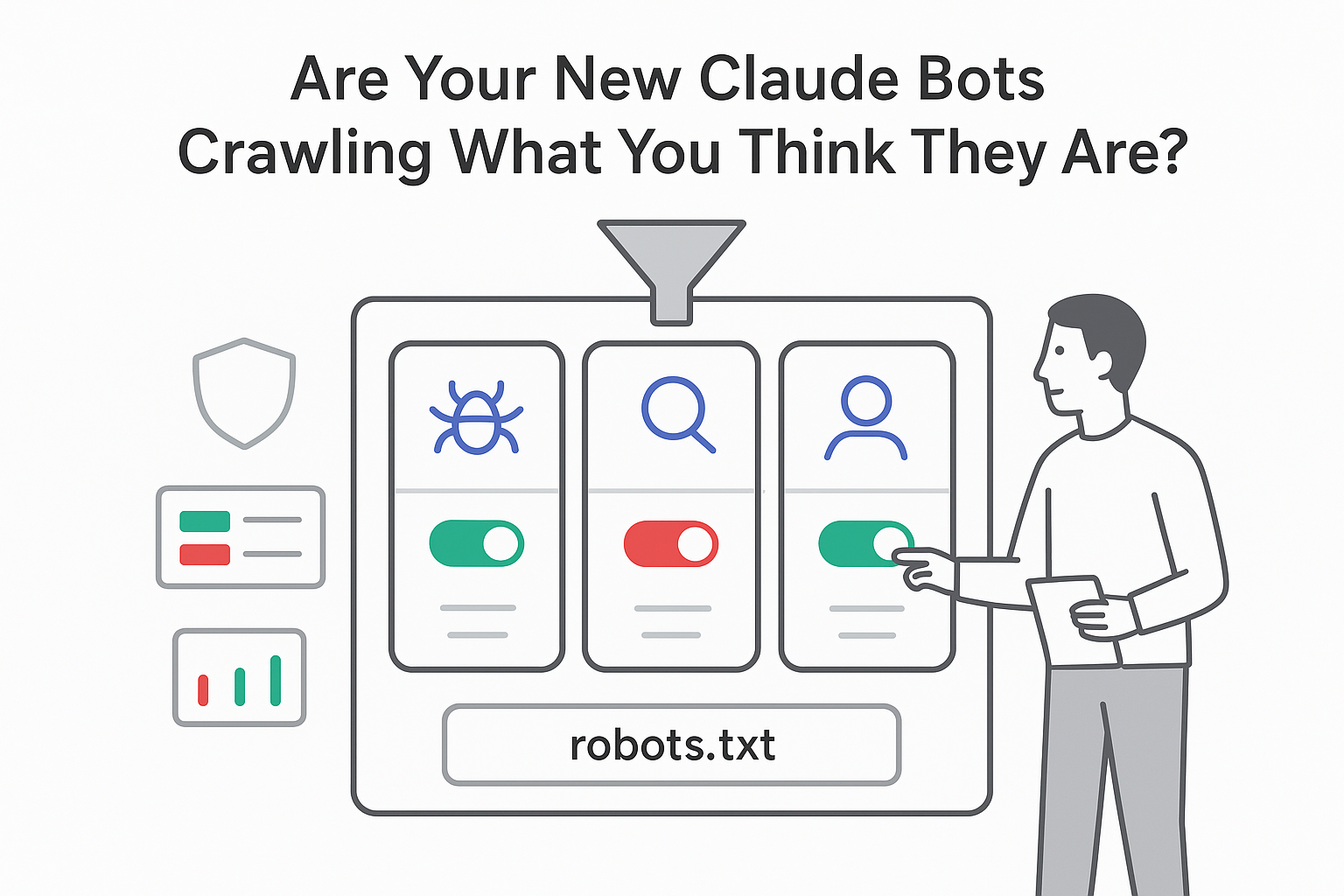
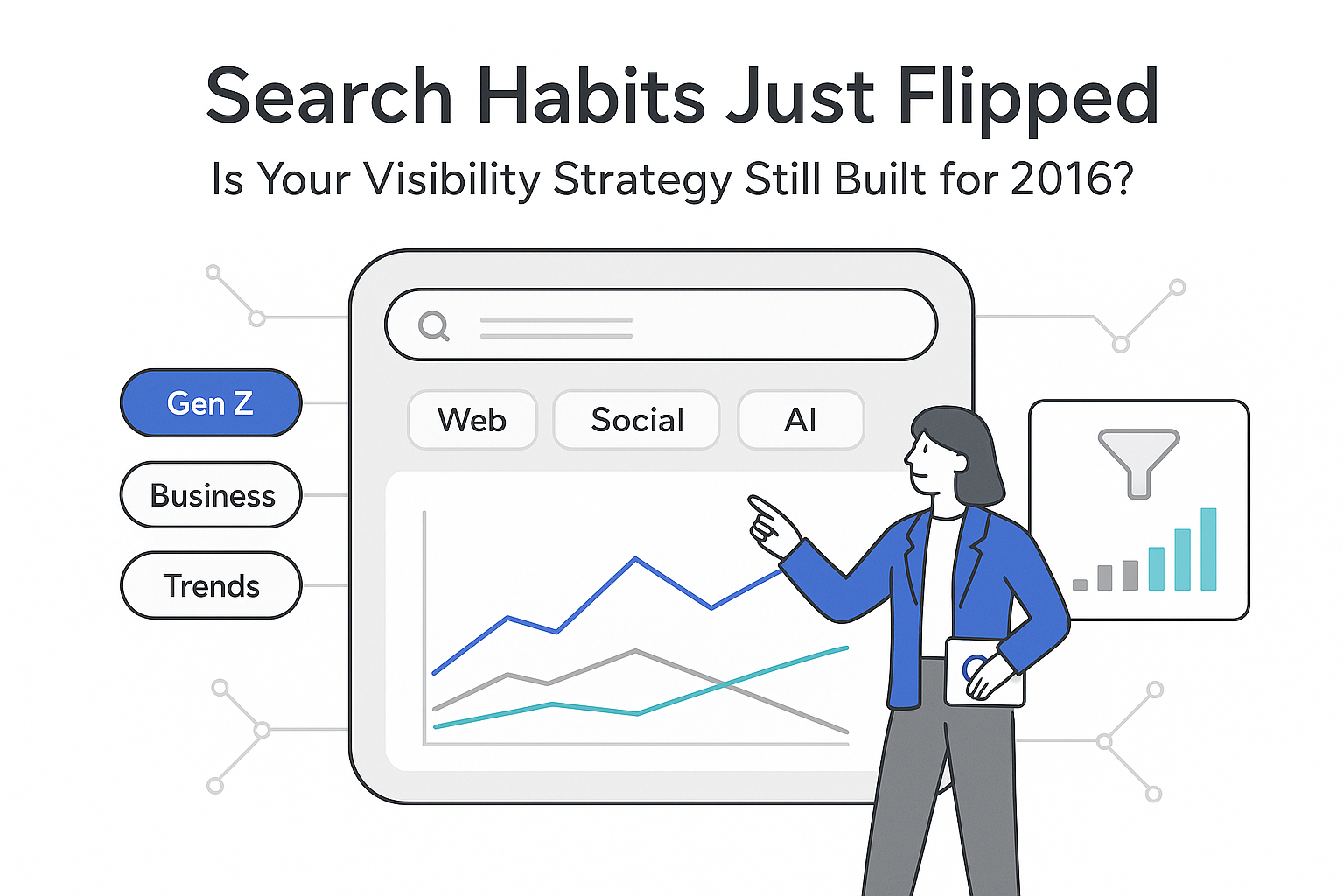
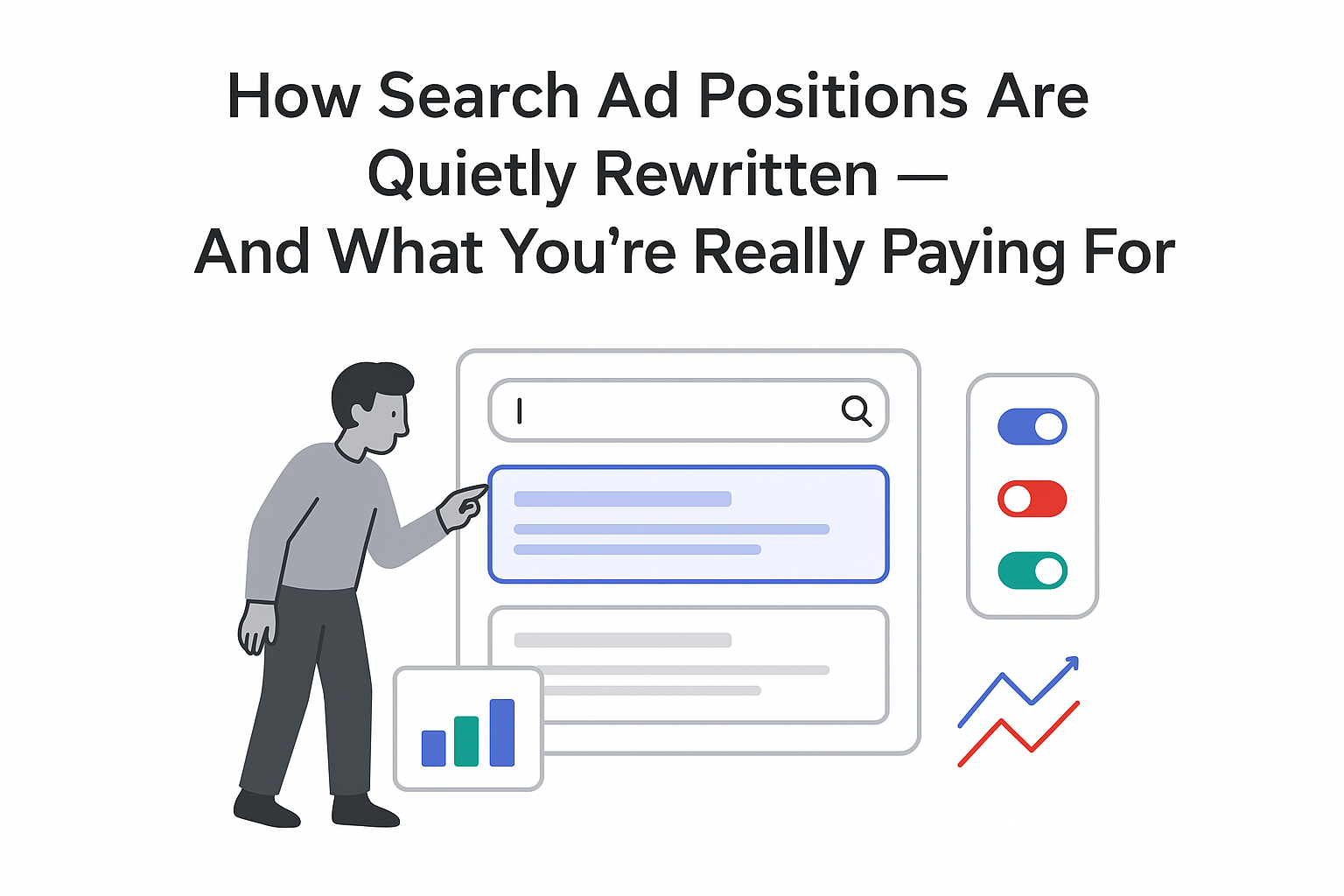
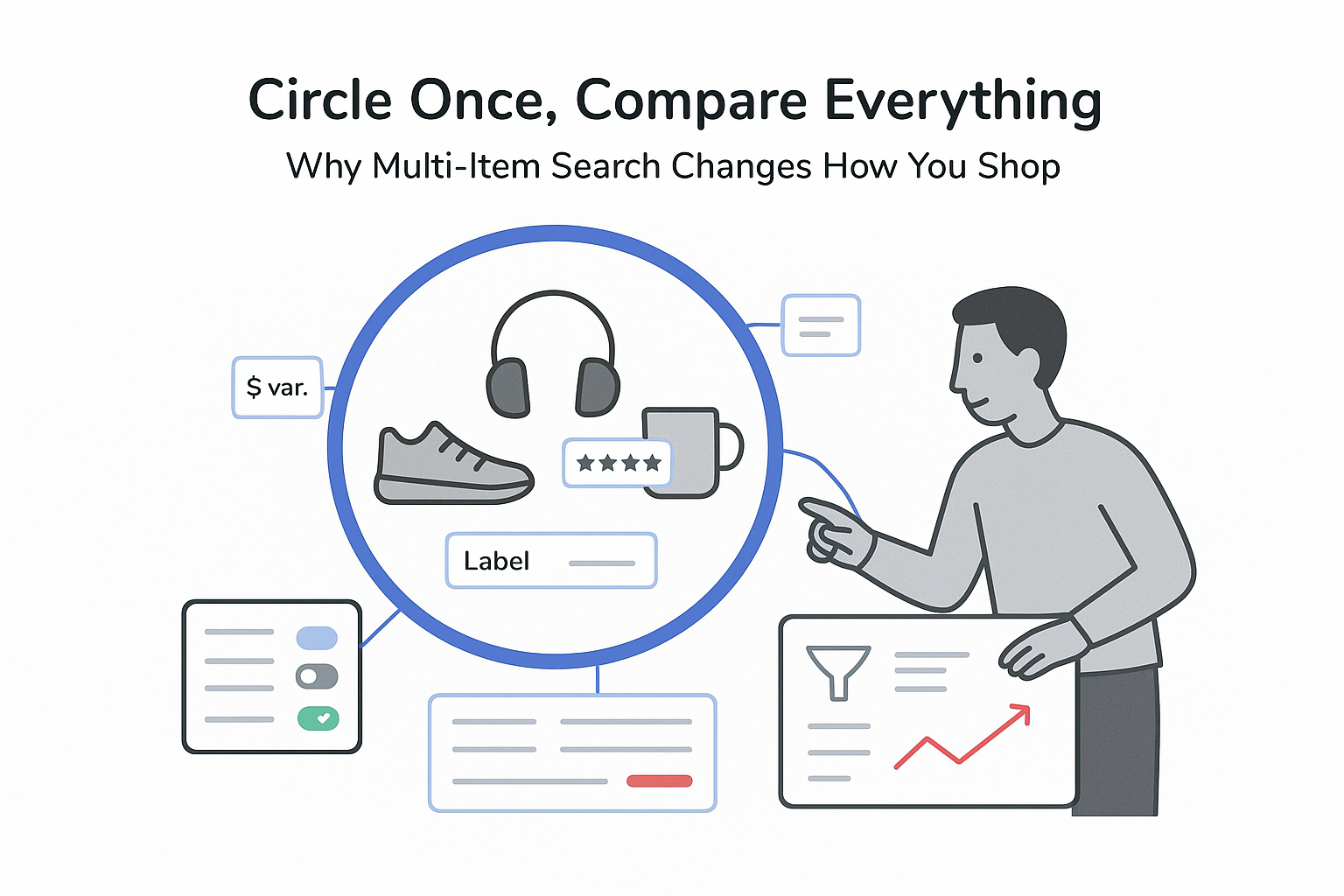
.svg)